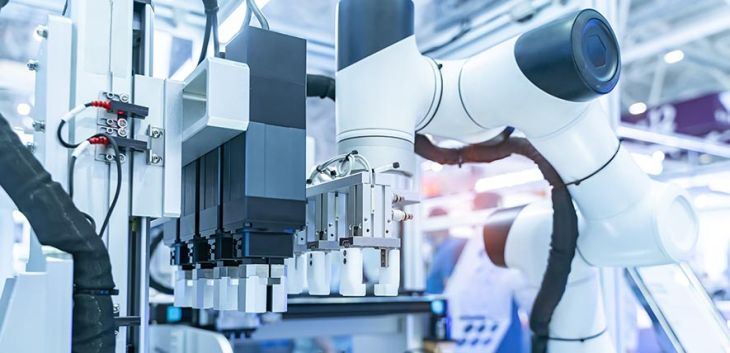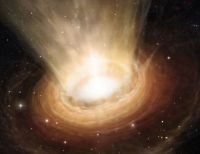Thanks to the widespread availability of food and medical care, the ability to travel, and many other scientific and technological developments, billions of people today are living better lives than kings of centuries past. It is deeply surprising to me how little appreciated this astonishing fact is.
Of course, despite all the progress we’ve made, the world faces many challenges in the 21st century: climate change, pandemics, poverty and cancer, to name just a few.
If all the countries in the world could join together to share technology and resources, we might be to deal with and overcome these challenges. However, history presents no example of such collaboration, and the current geopolitical situation does not offer much in the way of hope.
Our best hope of dealing with these challenges is to make science and technology more productive. The only feasible way to achieve this is through the integration of Artificial Intelligence (AI) and laboratory automation.
AI systems already possess superhuman scientific powers. They can remember massive volumes of facts and learn from huge datasets. They can execute flawless logical reasoning, and near optimal probabilistic reasoning. They are can read every scientific paper, indeed everything ever written. These powers are complimentary to human scientists.
When the scientific method was developed in the 17th century, one of the core insights was the need to conduct experiments in the physical world, not just to think.
Today, laboratory automation is steadily advancing, and robots can now carry out most of the laboratory tasks that humans can. We are also now seeing the emergence of the ‘Cloud Lab’ concept. The idea is to provide laboratory automation at scale and remotely, with scientists sending their samples to the cloud lab, using a computer interface to design and execute their experiments.
And then there are AI Scientists: AI systems integrated with laboratory automations that are capable of carrying out the closed-loop automation of scientific research (aka 'Robot Scientists', 'Self-driving Labs'). These systems automatically originate hypotheses to explain observations, devise experiments to test these hypotheses, physically run these experiments using laboratory robotics, interpret the results, and then repeat the cycle.
AI Scientists can work cheaper, faster, more accurately, and longer than humans. They can also be easily multiplied. As the experiments are conceived and executed automatically by computer, it’s possible to completely capture and digitally curate all aspects of the scientific process, making the science more reproducible. There are now around 100 AI Scientists around the world, working in areas from quantum mechanics to astronomy, from chemistry to medicine.
Within the last year or so the world has been stunned by the success of Large Language Models (LLMs) such as ChatGPT, which have achieved breakthrough performance on a wide range of conversation-based tasks. LLMs are surprisingly strong absorbers of technical knowledge, such as chemical reactions and logical expressions. LLMs, and more broadly Foundation Models, show great potential for super-charging AI Scientists. They can act both as a source of scientific knowledge, since they have read all the scientific literature, and a source of new scientific hypotheses.
One of the current problems with LLMs is their tendency to hallucinate, that is to output statements that are not true. While this is a serious problem in many applications, it is not necessarily so in science, where physical experiments are the arbiters of truth. Hallucinations are hypotheses.
AI has been used as a tool in the research behind tens of thousands of scientific papers. We believe this only a start. We believe that AI has the potential to transform the very process of science.
We believe that by harnessing the power of AI, we can propel humanity toward a future where groundbreaking achievements in science, even achievements worthy of a Nobel Prize, can be fully automated. Such advances could transform science and technology, and provide hope of dealing with the formidable challenges that face humankind in the 21st century
The Nobel Turing Challenge aims to develop AI Scientists capable of making Nobel-quality scientific discoveries at a level comparable, and possibly superior to the best human scientists by 2050.
As well as being a potential transformative power for good, the application of AI to science has potential for harm. As a step towards preventing this harm, my colleagues and I have prepared the Stockholm Declaration on AI for Science. This commits the signees to the responsible and ethical development of AI for science. A copy of the declaration can be signed at: https://sites.google.com/view/stockholm-declaration.
We urge all scientists working with AI to sign.







